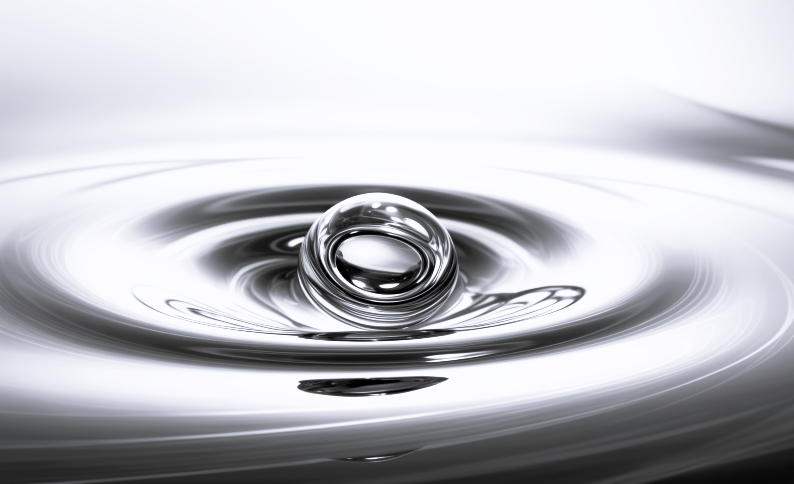Water Resource Management
From Rock to Remediation.
We use cookies to help you navigate efficiently and perform certain functions. You will find detailed information about all cookies under each consent category below.
The cookies that are categorized as "Necessary" are stored on your browser as they are essential for enabling the basic functionalities of the site. ...
Necessary cookies are required to enable the basic features of this site, such as providing secure log-in or adjusting your consent preferences. These cookies do not store any personally identifiable data.
Functional cookies help perform certain functionalities like sharing the content of the website on social media platforms, collecting feedback, and other third-party features.
Analytical cookies are used to understand how visitors interact with the website. These cookies help provide information on metrics such as the number of visitors, bounce rate, traffic source, etc.
Performance cookies are used to understand and analyze the key performance indexes of the website which helps in delivering a better user experience for the visitors.
Advertisement cookies are used to provide visitors with customized advertisements based on the pages you visited previously and to analyze the effectiveness of the ad campaigns.

From Rock to Remediation.
Focusing on the fundamental aspects of hydrogeology and water treatment, the research-oriented summer school HYDRO 2025 is a strong 60-hour training programme that delves into the fundamental aspects of hydrogeology and water treatment.
It will offer top scientific lectures with leading researchers in the fields of hydrology, chemistry and geology, as well as an introduction to research through a supervised project. The quality of the work undertaken and the scientific potential of the participants will be assessed.
Particular emphasis will be laid on the quantification of groundwater flow (distribution, velocity and flux of groundwater), its impact on surface water quality and the processes that affect groundwater geochemistry (water pollution in particular). There will be example applications for water resources, environmental impact, industrial wastewater treatment process and social development.
Cultural visits and social events will enrich this international programme, promoting friendliness and personal development. These activities will enable participants to build connections, exchange ideas, and immerse themselves in a stimulating and rewarding intercultural experience.
Minor modifications to the programme may occur.
Designed to facilitate your acculturation to research in France, the Scientific Research Project will require both personal and teamwork. It will include sessions of tutorials or free discussion with researchers from the LGCgE and LASIRE laboratories.
The project will cover the socio-economical and environmental aspect of water management, and explore how water is becoming an essential element in urban development projects or in the management of rural areas.
The project will involve the analysis of articles, bibliographical summaries, a presentation of state-of-the-art trends in the chosen research topic, simulations when appropriate and a final project defence in front of the scientific board.
Gain a richer perspective on the Hauts-de-France region!
The Hauts-de-France region is typified by its maritime and Flemish borders, agrarian economy, ancient trade fairs tradition, former textile and mine industries steeped in the Catholic values of its captains and vivid memory of wounds inflicted by two world wars. France’s youngest region is now renowned for its competitiveness, dynamic cultural and social life, and a unique mix of Flemish cheerfulness and French elegance.